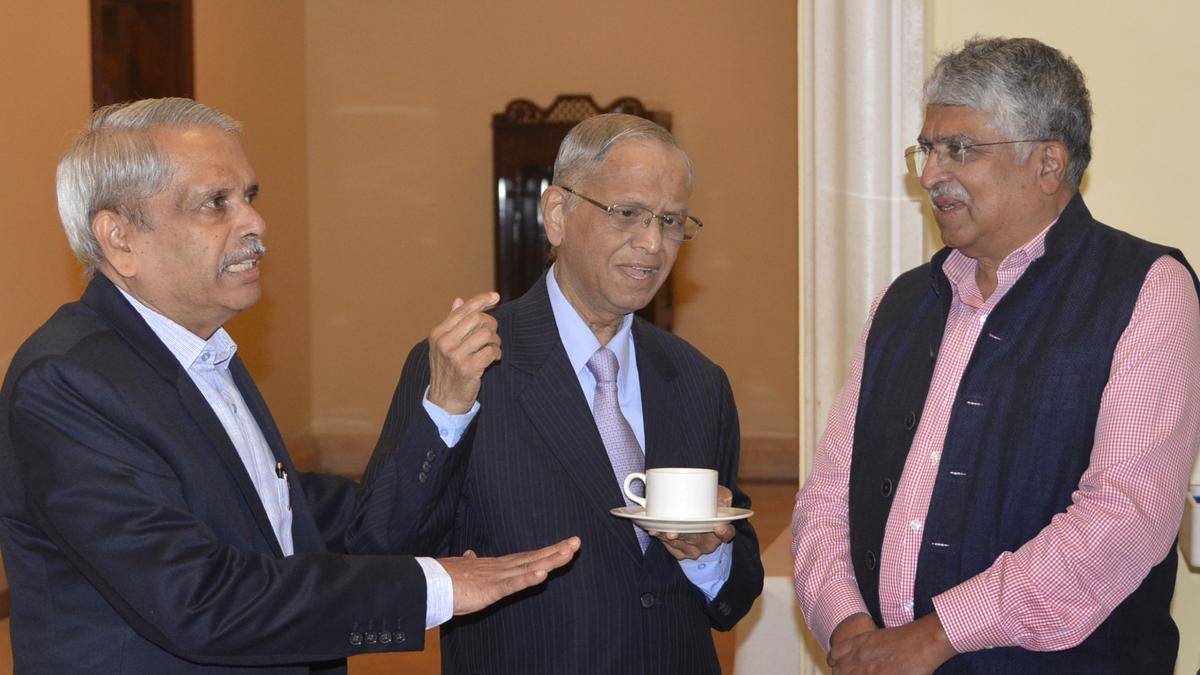
Working long hours without sufficient rest could limit worker productivity
The Hindu
Infosys co-founder Narayana Murthy, in a recent podcast hosted by Mohandas Pai, said that India’s productivity is one of the lowest in the world. He said, “Therefore, my request is that our youngsters must say, ‘This is my country; I’d like to work 70 hours a week’,” He cited Japan and Germany as two countries that improved their productivity post Second World War, due to such long working hours.
Mohan Raj
Infosys co-founder Narayana Murthy, in a recent podcast hosted by Mohandas Pai, said that India’s productivity is one of the lowest in the world. He said, “Therefore, my request is that our youngsters must say, ‘this is my country; I’d like to work 70 hours a week’”. He cited Japan and Germany as two countries that improved their productivity post Second World War, due to such long working hours.
To be fair to Mr. Murthy, he also mentioned about “corruption in the government” and the “delays in our bureaucracy” as other reasons for reduced productivity. But, the only talking point has been the 70-hour work week.
Does increased working hours help in productivity?
In the manufacturing sector, increased working hours leads to increased productivity. Manufacturing firms operate 24- hours a day by using the shift system, with 3 shifts of 8 hours each.
The same applies to many other businesses which employ different staff for different shifts.
In the information technology (IT) sector, input by the individual and the team is more important than in many other sectors. Shift work is not applicable except in areas like maintenance and customer support.





















 Run 3 Space | Play Space Running Game
Run 3 Space | Play Space Running Game Traffic Jam 3D | Online Racing Game
Traffic Jam 3D | Online Racing Game Duck Hunt | Play Old Classic Game
Duck Hunt | Play Old Classic Game











